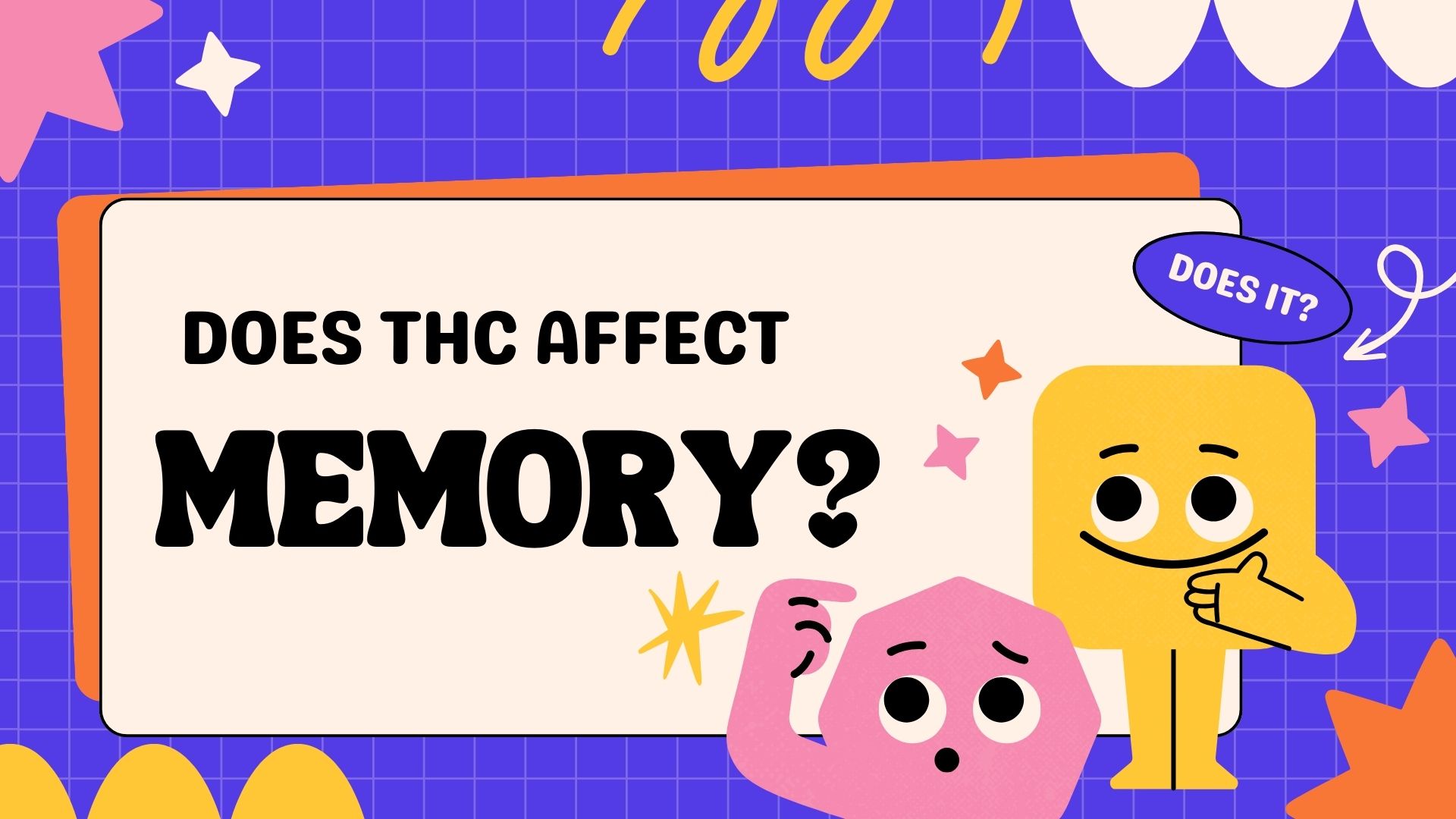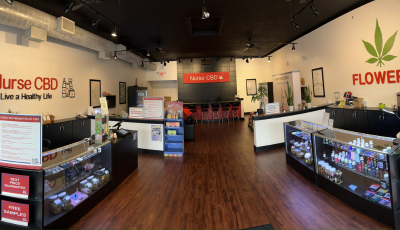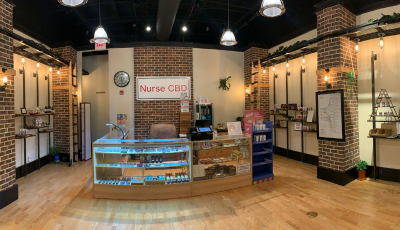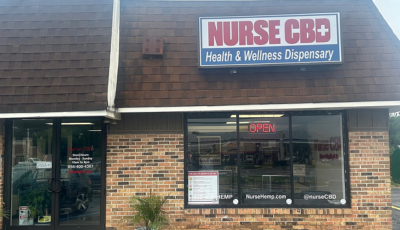What is memory?
Memory refers to the ability of the brain to encode, store, and retrieve information or experiences. It is a complex cognitive process that allows us to retain and recall knowledge, events, skills, and past experiences.
Memory involves several stages:
- Encoding: This is the process of converting sensory information into a form that can be stored in the brain. It involves attention and perception, where the brain selects and organizes incoming information.
- Storage: Once information is encoded, it is stored in the brain for later retrieval. Memory storage occurs in different areas of the brain, with different types of memories being processed and stored in different regions.
- Short-term memory: Also known as working memory, it temporarily holds and processes information for a short period, usually seconds to minutes. It has a limited capacity and is involved in immediate tasks.
- Long-term memory: This is the stage where information is stored for an extended period, from days to a lifetime. Long-term memory can be further divided into different types:
- Declarative memory: It refers to conscious or explicit memory that can be consciously recalled. Declarative memory includes semantic memory (facts, concepts, general knowledge) and episodic memory (personal experiences, events).
- Procedural memory: It is responsible for remembering and executing motor skills, habits, and procedures. Procedural memory operates on an unconscious level and is involved in activities like riding a bike or typing on a keyboard.
- Emotional memory: This type of memory is associated with strong emotions and is involved in remembering emotional experiences or responses.
- Retrieval: Retrieval is the process of accessing and recalling stored information when needed. It involves locating and activating the relevant memory traces in the brain.
How can cannabis affect memory?
THC, the primary psychoactive compound in marijuana, can affect memory in several ways. THC acts on the brain’s endocannabinoid system, which plays a key role in regulating many physiological processes, including memory formation and retrieval. THC affects the brain’s hippocampus, which is the part of the brain responsible for forming new memories.
Numerous studies have shown that acute THC administration can negatively affect memory, particularly in tasks that involve learning and retrieval of information. THC can impair the encoding and consolidation of new memories, making it more difficult to form new memories or retain information. THC can affect short-term memory specifically, as well. It can disrupt the functioning of the hippocampus, a brain region that plays a critical role in short-term memory formation, which can lead to difficulties in retaining information in the short-term. Additionally, THC can affect the prefrontal cortex, which is a brain region involved in working memory. This can cause difficulties in manipulating information, multitasking, and problem-solving. THC can interfere with the consolidation of long-term memories, which can make it difficult to retain information learned while under the influence of the drug. THC can also affect the retrieval of memories by disrupting the communication between brain regions involved in memory processing.
Long-term or heavy use of THC has been associated with persistent memory problems and cognitive impairments. Chronic cannabis use, especially during adolescence when the brain is still developing, has been linked to long-lasting memory deficits and an increased risk of cognitive impairment later in life. It’s worth noting that the effects of THC on memory can vary depending on factors such as dosage, frequency of use, individual sensitivity, and the specific cognitive task being assessed. Some studies have suggested that low doses of THC or THC combined with CBD may have less severe memory impairments compared to higher doses of THC alone.
Some studies have suggested that CBD by itself may have a positive impact on certain aspects of memory, while others have reported mixed or inconclusive results. For example, some research in animal models has shown that CBD could enhance memory in certain situations, such as improving the extinction of fear memories or reducing cognitive decline associated with certain disorders. One of the more established beneficial effects is CBD’s ability to help fade fearful memories. CBD can soften fearful memories by reducing the anxiety associated with them. This is particularly helpful for individuals living with PTSD, whose harmful memories can be triggered by stressful situations. Researchers have also found that CBD may help to alter aversive memories in humans and prevent these memories from being reconsolidated. These benefits can significantly contribute to improvements in the symptoms associated with PTSD. CBD is also considered neuroprotective, meaning it can help protect the neurons responsible for maintaining cognitive function from damage or degeneration. This can play an essential role in memory function and support those with memory and cognitive impairment. A 2016 study found sufficient evidence that regular cannabis use can help slow or potentially reverse the loss of memory function associated with dementia by helping protect vital neurotransmitters and brain tissue. The study also found that CBD may support memory function and reduce memory impairment by helping increase the connection between brain cells. These results have been validated by clinical trials and research from additional laboratories.
On the other hand, there is also evidence suggesting that CBD may have a negative impact on memory under certain circumstances. High doses of CBD have been found to impair memory consolidation and retrieval in animal studies. Additionally, the effects of CBD on memory may vary depending on factors such as dosage, timing, and individual differences.
Cannabis and False Memories
Memory can be notoriously unreliable. The distortion or manipulation of memory can happen unconsciously. In some cases, it’s possible to create a recollection of an event that never took place, which is called a false memory. They can be influenced by a variety of factors, such as suggestion, misinformation, or the reconstruction of past experiences. Several cannabis researchers have recently turned their attention to how cannabis increases susceptibility to false memory.
THC has been shown to impair cognitive processes related to memory, attention, and information processing. These impairments can potentially affect the accuracy and reliability of memories, making individuals more susceptible to false information or suggestions. In a 2020 experiment, 64 participants received an intoxicating dose of THC and were asked to complete several different recall activities. The researchers found that the cannabis users were more likely to have spontaneous false memories. For example, in one activity where participants were asked to remember words in a list, they recalled words that weren’t there. Interestingly, in the follow-up test a week later when participants were no longer intoxicated, some still experienced false memories in word recall tests. The participants were also more likely to experience false memories in response to misleading suggestions. Some researchers have speculated that cannabis users may experience false memories because THC interferes with visual information processing. In turn, this can impair users’ visual memory of objects and increase the likelihood of false recognition. However, research into cannabis and false memory is still in its early stages.
All in all, memory is a dynamic process influenced by various factors such as attention, repetition, emotions, and associations. It is not a perfect reproduction of past events but can be influenced by biases, distortions, and forgetting. Various neurological conditions, injuries, or diseases can also affect memory function. Research in the field of memory continues to shed light on its complexities, and scientists are still uncovering many aspects of how memory works in the brain. Also, it is worth noting that not all individuals experience memory impairment to the same degree after using THC, and the extent of impairment can depend on a number of factors, such as the dose, frequency, and duration of use, as well as individual differences in brain structure and function.









